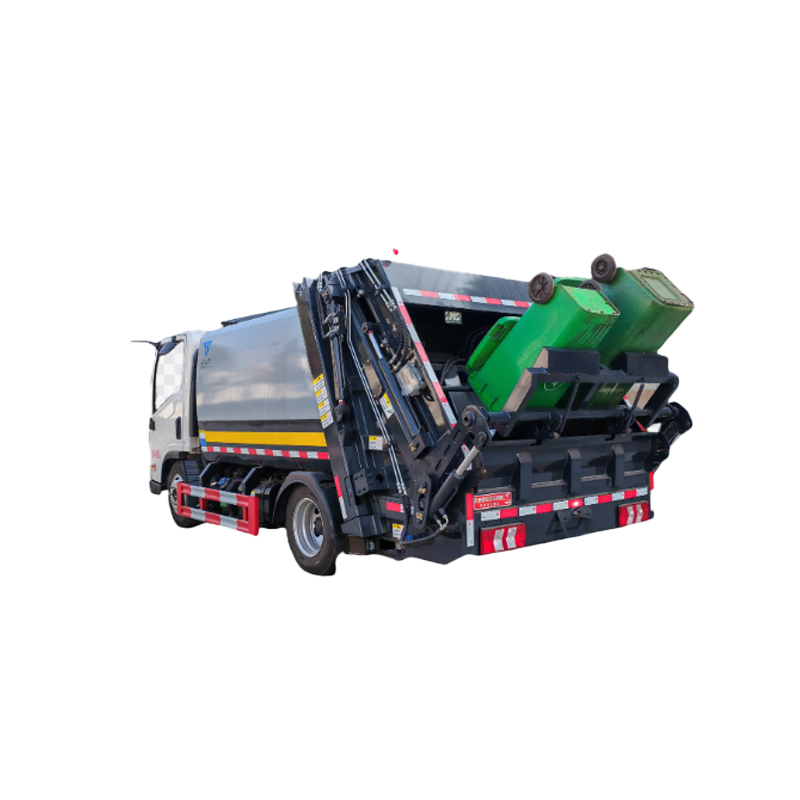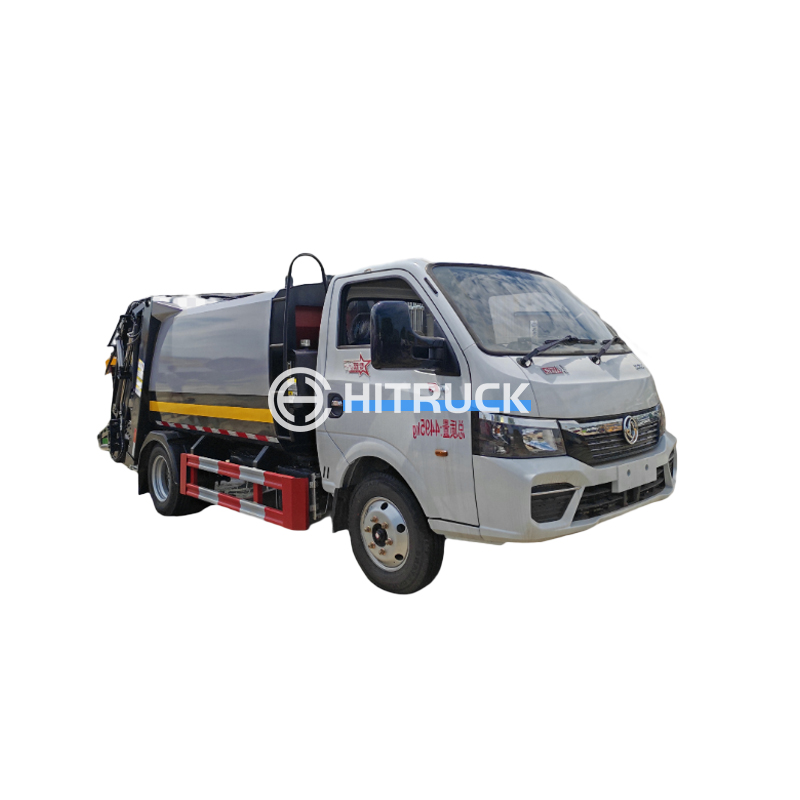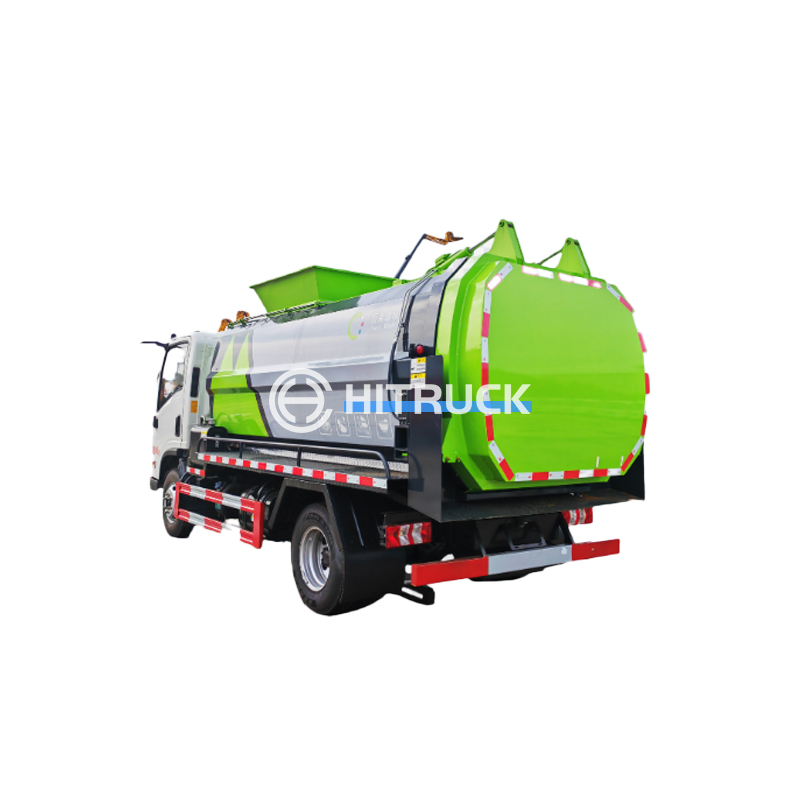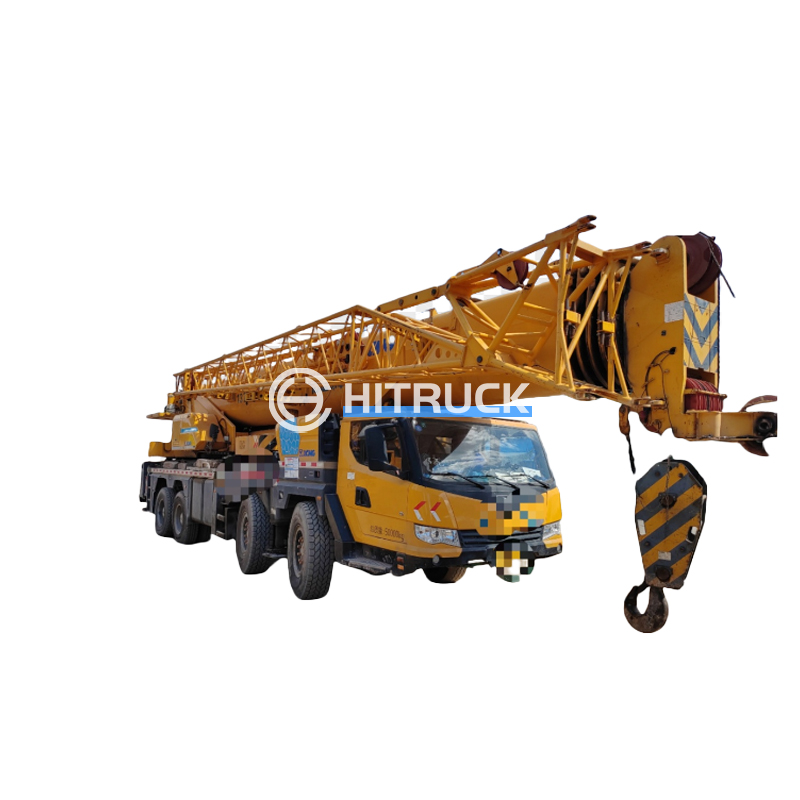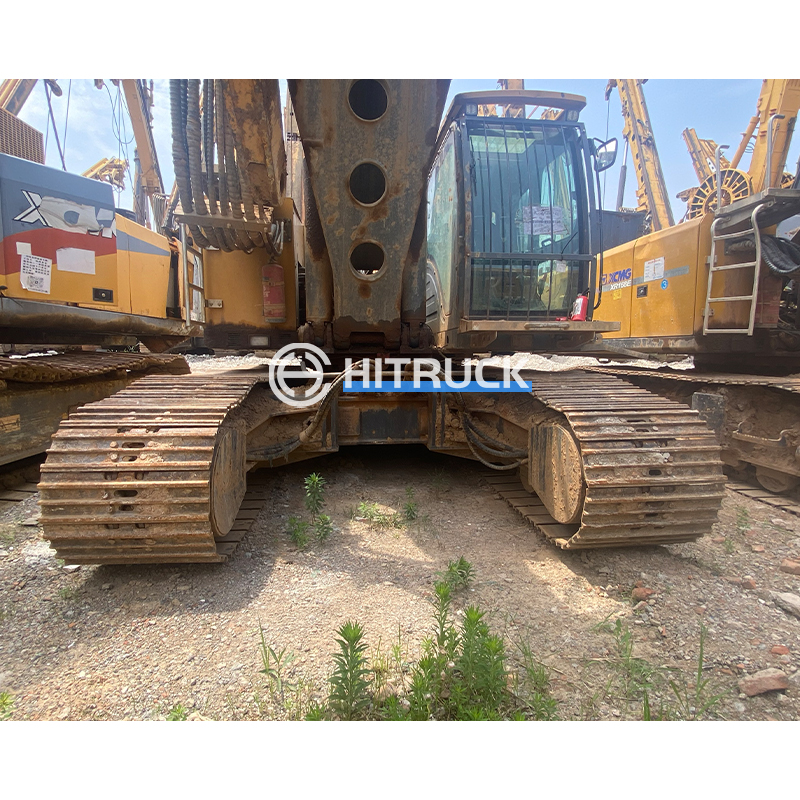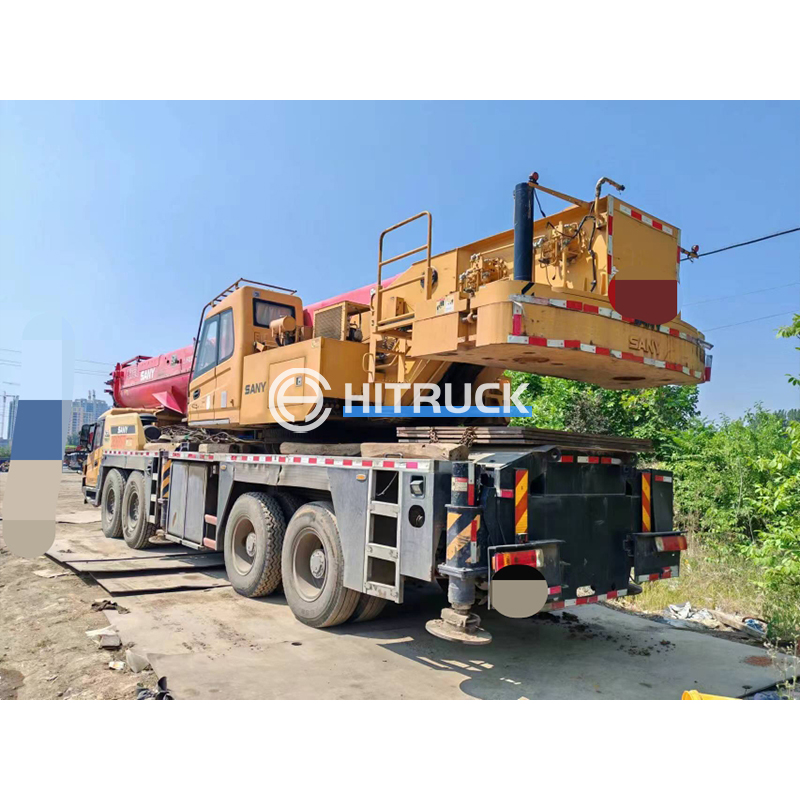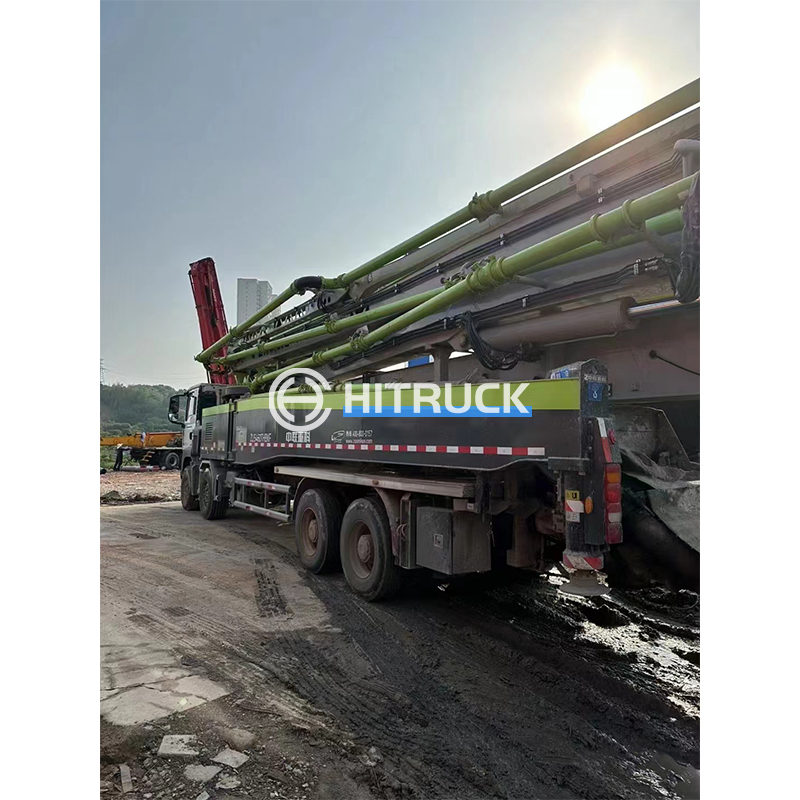
د ساحې تفتیش لپاره د بریښنایی موټرو ګټې
بریښنایی وسایط جریان ترلاسه کوي ، لاهم ډیری د ساحې تفتیش لپاره د دوی احتمال له پامه غورځوي. یقینا، هرڅوک د کم اخراج او د تیلو سپمولو په اړه خبرې کوي، مګر کله چې دا واقع کیږي تفتیش سناریو، ګټې د هغه څه څخه بهر دي چې ډیری وختونه یې بحث کیږي. راځئ چې یو څه ژور وګورو چې دا شنه ماشینونه څنګه کولی شي زموږ ورځني عملیات له سره تعریف کړي، شاید په غیر متوقع ډول د خلکو لپاره چې د دودیزو انجنونو په څیر کارول کیږي.
خاموش عملیات د لوبې بدلون کونکی دی
تصور وکړئ چې سهار وختي سایټ ته پورته شئ. وروستی شی چې تاسو یې کول غواړئ سوله ګډوډ کړئ. د بریښنایی موټر سره ، خاموش چلند د هغې یو له غوره ځانګړتیاو څخه دی. ستاسو د راتګ اعلانولو لپاره هیڅ ډول شور او غوغا شتون نلري. زما لپاره، دا د ځنګلي ژوند ارزونو یا د شور سره حساس سیمو کې د کار کولو پرمهال ارزښتناکه و. نظر خورا ساده دی، مګر ما په لومړي سر کې لیدلي چې دا خاموش طبیعت څنګه کولی شي د انتقادي کتنو لپاره د سایټ طبیعي حالت وساتي.
سربیره پردې، خاموش عملیات د آپریټرانو لپاره لږ فشار ته ژباړه کوي. د ټیټ کیبن شور کچه پدې معنی ده چې لږ خنډونه او ډیر آرام کاري چاپیریال. دا اړخ، که څه هم فرعي، د پراخو تفتیشونو لپاره په غیر متوقع ډول ګټور ثابت شوی.
په نهایت کې ، یو خاموش موټر د چاپیریال سره ډیر نږدې متقابل عمل رامینځته کوي. تاسو هغه شیان ګورئ چې بل ډول د انجن شور لخوا پوښل شوي - د طبیعت غږ یا د سایټ شرایطو کې لږ بدلونونه ، د تفتیش بډایه تجربه چمتو کوي.
د چاپیریال اغیزې د اخراج هاخوا
هرڅوک په پایپ کې د دوی د صفر اخراج لپاره بریښنایی وسایط ټاکي ، مګر پدې کې ډیر څه شتون لري کله چې موږ په پام کې ونیسو ساحوي کار. په ځینو لیرې پرتو ځایونو کې چیرې چې موږ د چاپیریال اغیزې ارزوو، زموږ د کاربن فوټ پرینټ کمول خورا مهم دي - نه یوازې د PR لپاره بلکې د ریښتینې سرپرستۍ څخه بهر.
یوځل ، پداسې حال کې چې په یوه خوندي سیمه کې په اوږدمهاله پروژه کې دخیل و ، موږ د دودیزو وسایطو په پرتله د بریښنایی موټرو کارولو میاشتو کې خوندي شوي اخراج محاسبه کړل. دا د پام وړ وه، د کم شوي چاپیریال ګډوډي یادونه نه کول چې موږ ترلاسه کړي. دا په ځانګړې توګه زموږ د شریکانو سره تړاو لري Suizhou Haicang د موټرو سوداګرۍ ټکنالوژۍ محدود، څوک چې د وسایطو دوامداره حلونو چمتو کولو لپاره ښه موقعیت لري.
د داسې وسایطو سره د ځمکې په نښه کول شاوخوا نباتات او حیوانات بې پامه ساتي، کوم چې یوازې د موافقت په اړه ندي - دا د ساحې تفتیش صنعت کې د کوم جدي لوبغاړي لپاره مسؤل عمل دی.

د لګښت سپما او موثریت
اوږدمهاله سپما له پامه غورځول کیدی نشي. بریښنایی وسایط دلته ځلیږي — د تیلو بیې نور نه بدلیږي ، یوازې د بریښنا مستحکم لګښت. سربیره پردې ، د ساتنې ټیټ اړتیاوې د ماتیدو یا غیر متوقع لګښتونو سره لږ حیرانتیا معنی لري.
په ځانګړي ډول د شدید تفتیش مهالویشونو په جریان کې ، د کمیدو وخت په یقیني ډول د پام وړ شو. د تیلو هیڅ بدلون، لږ خوځنده برخې، او بیا تولیدونکي بریکونه ټول د ټیټ پوټکي او اوښکو سره مرسته کوي. هغه څه چې ما حیران کړل که څه هم د وخت ژغورل وو؛ د بحران په موده کې د تیلو لپاره نور سفرونه نه کوي.
په Hitruckmall، یو پیژندل شوی نوم په کې ځانګړي وسایط د Suizhou Haicang Automobile Sales Co. لخوا، موږ ګورو چې دا رجحانات دوام لري. پیرودونکي د وړاندوینې وړ لګښتونو ته راجلب شوي او د بریښنایی تګ راتګ عملیاتي خنډونه کموي.
تخصیص او استقامت
د تفتیش هر کار کولی شي ځانګړي اړتیاوې ولري، او دا هغه ځای دی چې د بریښنایی موټرو استقامت واقعیا روښانه کوي. د دودیز انجن نشتوالی د ډیرو انعطاف وړ ډیزاین ترتیبونو او ذخیره کولو اختیارونو ته اجازه ورکوي. د تجهیزاتو لپاره ډیرې خونې ته اړتیا لرئ؟ دا ډیری وختونه د EV ترتیب سره ډیر ممکن وي.
په عمل کې، زه توانیدلی یم چې د نورو عملیاتي وړتیاوو سره موافقت پرته د ځانګړو دندو لپاره وسایط دودیز کړم. د وسایطو سیسټمونو سره د عصري ډیجیټل ټیکنالوژۍ ادغام دې ته وده ورکوي. د موټرو څخه Suizhou Haicang د دې تطابق مثال ورکړئ، د ځانګړو مسلکي اړتیاوو د پوره کولو لپاره مناسب حلونه چمتو کړئ.
دا پدې مانا ده چې د ساحې تفتیش کې هرڅوک کولی شي د داسې موټر څخه ګټه پورته کړي چې د دوی دقیق لوژستیکي اړتیاو سره سم وي، د کاري موثریت او اغیزمنتیا لپاره خورا مهم دي.
راتلونکی - د راڅرګندیدونکي ټیکنالوژیو لپاره چمتو دی
د بریښنا په لور بدلون یوازې د نن یا حتی سبا پورې اړه نلري؛ دا د موقعیت په اړه دی راتلونکی. لکه څنګه چې وسایط د راپورته کیدونکي ټیکنالوژیو لپاره پلیټ فارمونه کیږي ، لکه د AI لخوا پرمخ وړل شوي تشخیص یا پرمختللي سینسرونه ، بریښنایی په سر کې دي.
په پرمختللو ځانګړتیاو کې ډوب کړئ لکه د خودمختاره موټر چلولو وړتیاوې یا د نوي کیدونکي انرژي مدغم سیسټمونه ، کوم چې ډیر ګټور کیږي. برقی وسایط په طبیعی توګه د دوی د بریښنایی اساساتو له امله د دې نوښتونو څخه د ګټې اخیستنې لپاره غوره دي.
دا د مخ پر وړاندې فکر کولو طریقه د Suizhou Haicang د اخلاقو سره ډیره سمه ده، ځکه چې دوی پراخوي او د بازار اړتیاو سره سمون لري. د دې حلونو ادغام لپاره د دوی ژمنتیا دوی او د دوی پیرودونکي د ساحې تفتیشونو په وده کونکي منظره کې ښه ځای لري.
د بریښنایی موټرو لیږد کې عملي ارزونه او سمونونه شامل دي، مګر د ساحې تفتیشونو لپاره د دوی ګټې - خاموش عملیات، د چاپیریال مسؤلیت، د لګښت موثریت، دودیز کول، او راتلونکي چمتووالی - له پامه غورځول کیدی نشي. لکه څنګه چې صنعت پرمختګ کوي، دا ګټې نه یوازې د پام وړ، بلکې اړین دي.


